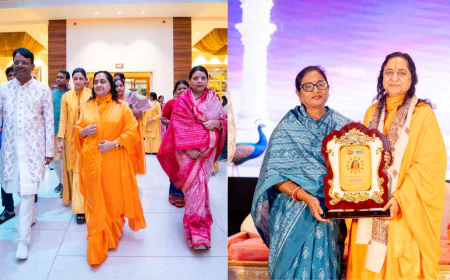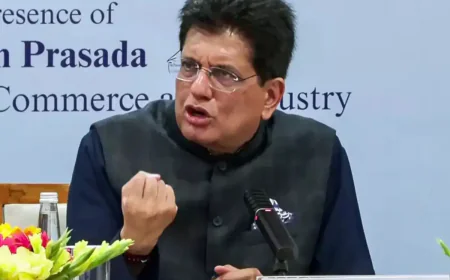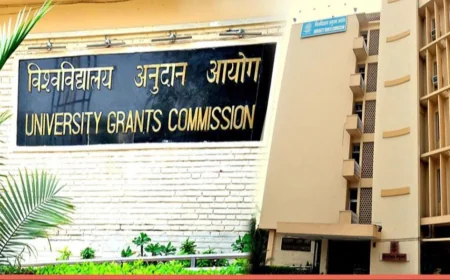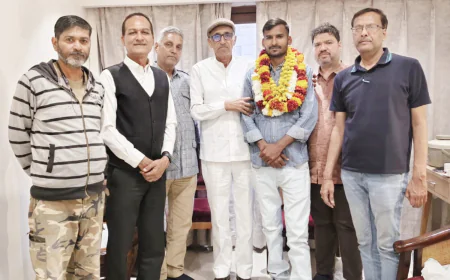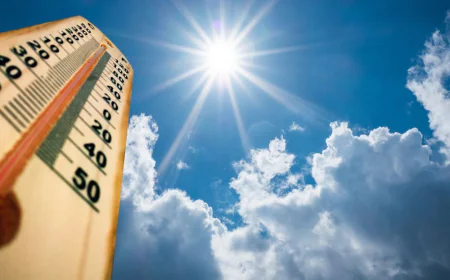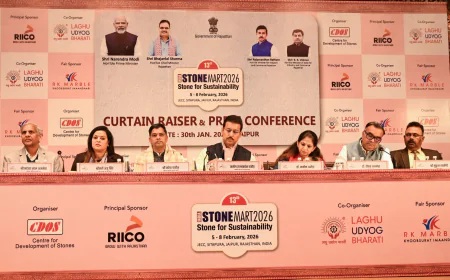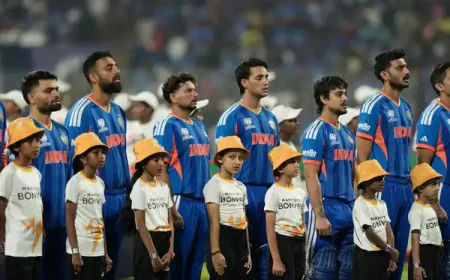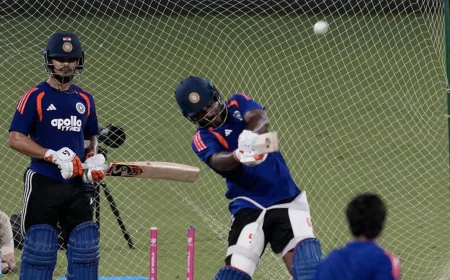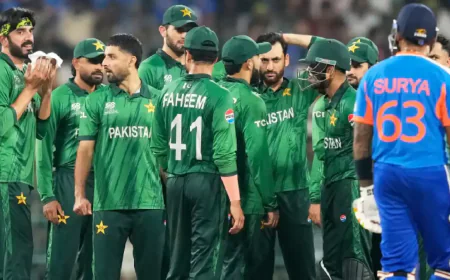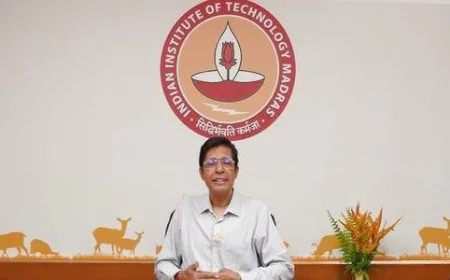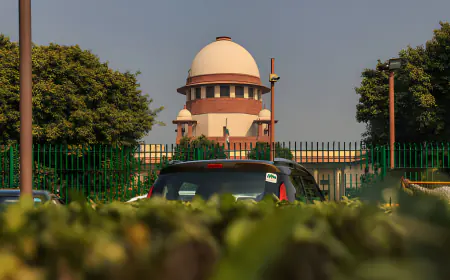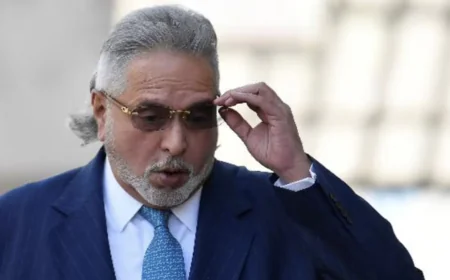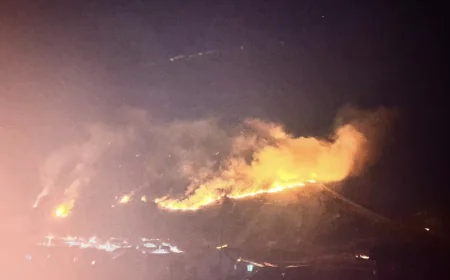Hearing on petitions challenging CAA today: 232 petitions
Hearing on petitions challenging CAA today: 232 petitions in Supreme Court, including 53 from Assam and Tripura
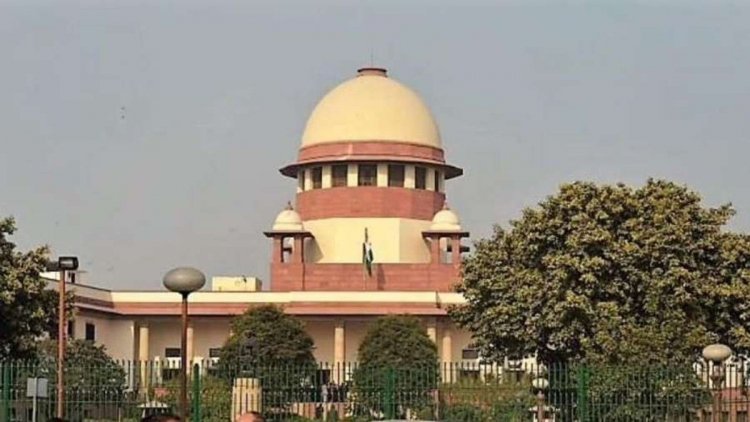
The Supreme Court will hear the petitions challenging the Citizenship Amendment Act (CAA) today. The last hearing was held on October 31, in which the court assigned two lawyers to compile the main issues raised in all the petitions. There are 232 petitions against the CAA, of which 53 are related to Assam and Tripura. The court had said, they will be heard separately from the rest of the cases.
In the last hearing, a division bench comprising the then Chief Justice UU Lalit, Justices S Ravindra Bhat and Bela M Trivedi had transferred the matter for further hearing before an appropriate bench on December 6. The Central Government had appealed to the Supreme Court to dismiss the petitions challenging the CAA. Earlier, during the hearing on September 12, the Supreme Court had given four weeks time to the Central Government to sort through hundreds of petitions and file replies.
When the CAA law was made in the country in 2019, it was opposed across the country. Delhi's Shaheen Bagh area was the focal point of the agitation against this law. The law and rules of the citizenship law were simplified for the migrants of Hindu, Sikh, Buddhist, Jain, Parsi and Christian religions from Afghanistan, Bangladesh and Pakistan. Earlier it was necessary to live in India for 11 years for citizenship, this time was reduced from 1 to 6 years.
On 11 December 2019, 125 votes were cast in favour of the Citizenship Amendment Bill 2019 (CAB) and 99 against the Rajya Sabha. The next day, on 12 December 2019, it got the assent of the President. The bill had taken the form of a law after being passed by both Houses amidst huge protests across the country. It was introduced in the Lok Sabha by Home Minister Amit Shah on 9 December.
The Citizenship Amendment Bill 2016 (CAA) was introduced in 2016. In this, some changes had to be made in the 1955 law. These changes were to give citizenship to non-Muslim refugees from India's three Muslim neighbours Bangladesh, Pakistan and Afghanistan. It was referred to a Joint Parliamentary Committee on 12 August 2016. The committee submitted the report on 7 January 2019.
There is a rule of parliamentary procedure that if a bill is passed in the Lok Sabha and not passed in the Rajya Sabha and in the meantime if the term of the Lok Sabha expires, then the bill ceases to be in force. It is necessary to pass it again in both houses. Because of this, this law had to be passed again in 2019 in Lok Sabha and Rajya Sabha.
This bill was in controversy even before coming to the Lok Sabha, but after it became a law, the opposition to it intensified. Demonstrations took place in many areas of Delhi. On the night of 23 February 2020, the violence that erupted after a crowd gathered at Jaffrabad Metro Station turned into riots. Riots broke out in about 15 areas of Delhi. Many people were murdered, and many people were attacked and killed with sharp weapons like knives and swords. More than 50 people died in these riots. Hundreds were injured.

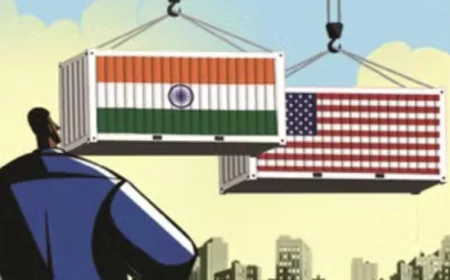






























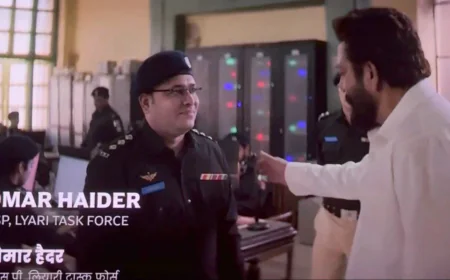




.jpeg)






















